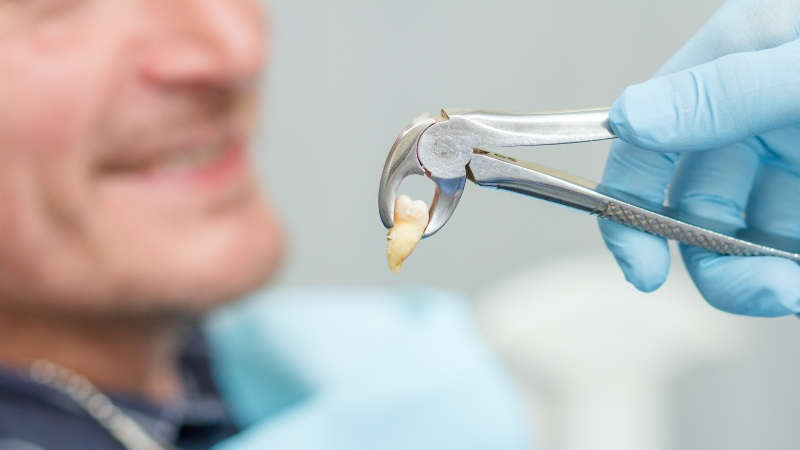After getting a tooth pulled, you can expect some level of discomfort, including headache relief after tooth extraction. This is a normal part of the recovery process, but it can be particularly bothersome.
You may experience a headache or pain around your temples, which can be managed with the right tooth extraction recovery tips.
Fortunately, there are several quick pain relief methods for tooth extraction that can help alleviate your discomfort. In this article, we will explore five quick relief tips to help you manage your headache after a tooth extraction.
From over-the-counter pain relievers to special care of the wound site, we will cover everything you need to know to ensure a smooth recovery process.
Why You Have a Headache After Tooth Extraction

Experiencing a headache after tooth extraction is common and can stem from several factors related to dental surgery headache causes. Understanding these reasons can help you manage your discomfort effectively.
Stress and Tension on Jaw Muscles
During the extraction, your jaw muscles may become tense, leading to tension headaches. This muscle strain is a frequent dental surgery headache cause that can persist even after the procedure.
Effects of Anesthesia
View this post on Instagram
Anesthesia used during the surgery can affect your body in various ways. Fluctuations in blood pressure and temporary numbness may contribute to post-extraction pain management challenges.
Post-Surgical Inflammation
Inflammation is part of the healing process, but it can also cause headaches. Swelling around the extraction site increases pressure, which is another dental surgery headache cause to be aware of.
Dehydration and Recovery Stress
Not drinking enough fluids after the surgery can lead to dehydration, exacerbating headache symptoms. Coupled with the overall stress of recovery, this can make oral surgery recovery tips can be crucial for your comfort.
Cause
Percentage of Patients Affected
Tension on Jaw Muscles
10-20%
Effects of Anesthesia
10-15%
Post-Surgical Inflammation
5-15%
Dehydration and Recovery Stress
20-25%
How to Treat Headache After Tooth Extraction: Proven Relief Methods
Managing headaches after tooth extraction is essential for a smooth recovery. Here are effective strategies for alleviating pain after tooth extraction:
- Take pain relievers: Over-the-counter medications like ibuprofen or acetaminophen can help reduce pain and inflammation. Always follow the dosage instructions on the package.
- Use cold compresses: Apply an ice pack or a towel-wrapped bag of ice to the affected area for 15 minutes at a time. This can lessen swelling and dull the pain.
- Elevate your head: When resting or sleeping, use extra pillows to keep your head elevated. This position helps decrease swelling and prevent headaches from worsening.
- Practice gentle relaxation techniques: Techniques such as deep breathing or meditation can reduce muscle tension and alleviate headache discomfort.
- Stay hydrated: Drinking plenty of water aids in recovery and helps prevent dehydration, which can contribute to headaches.
Implementing these headache relief options can make recovering from wisdom tooth extraction more comfortable. Remember, effective treatment is within your reach, and these methods have helped many find relief quickly.
Managing Your Recovery Journey

Recovering from a tooth extraction involves patience and care. By following these tooth extraction recovery tips, you can ease your discomfort and support the healing process.
Remember to adhere to all oral surgery recovery tips provided by your dentist to ensure the best outcome.
If you experience worsening pain, increased swelling, or bleeding that doesn’t stop after applying gauze for 10 minutes, reach out to your dental professional.
Additional signs like a high fever, nausea, or severe pain spreading to your ear also warrant immediate attention.
Most healing occurs within a week, with significant improvements by the third day. Taking time off work, staying hydrated, and following your dentist’s instructions are essential steps in your recovery journey.
Utilizing home remedies like ice packs and saltwater rinses can provide relief, but always consult your dentist before trying new methods.
Stay positive and give your body the time it needs to heal. With proper care and the right strategies, you can effectively manage headaches and ensure a smooth recovery after your tooth extraction.

